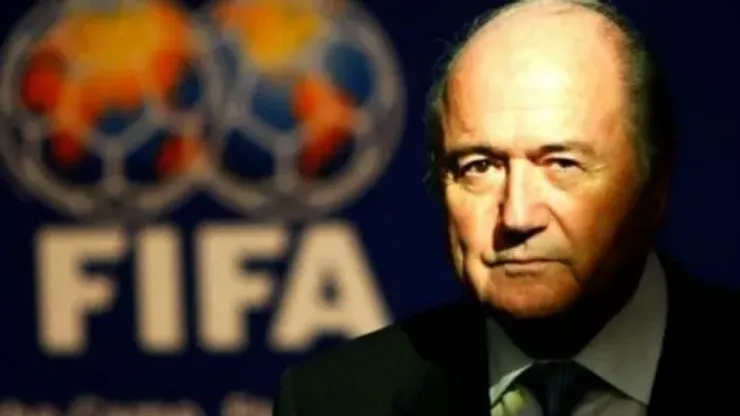Last week, just days after winning re-election to a fifth term, Sepp Blatter placed a call to the heads of every continental confederation (at least those not in jail) to inform them that he was resigning as head of soccer’s governing body. An avalanche of negative press and communications from the major sponsors had put incredible pressure on Blatter to the point where he knew that, publicly at least, he was unable to continue as the visible head of the world’s game. In the post-resignation articles, it is noted that Blatter is weary and begrudgingly admitting that FIFA needed to be reformed without him.
However, the reality is that Blatter now has the ability to quietly control FIFA almost as much, if not more, than he did as the public head of the organization. Right now, that may not mean much with the organization under siege but it may have value in the future once the trouble starts to recede from public consciousness. How is this possible despite the intense scrutiny? Here are three reasons why Blatter can still control FIFA from within the shadows:
1. The re-election timeline is incredibly long
Based on FIFA rules and the timeline given, there will not publicly be a new leader of the international organization until December. With Domenico Scala leading the reform investigation and some members of the executive committee in place, leadership is there but none of these personalities are strong enough and untarnished enough currently to be the “new face” of FIFA. That person will probably come in the next election, but until then there may not be that strong personality to move the organization in a new direction. When delegates behind the scenes want answers, Blatter – as long as he is out of jail – is available to discuss and control.
2. Blatter holds sway over a majority of the delegates
It cannot be understated that Blatter is incredibly popular outside of Europe, the U.S., and Canada. Blatter brought soccer and money to third world countries ignored politically by the major powers, and made them relevant. These delegates do not just support him, they are dedicated and thankful to him. That is why despite the major arrests just days before the FIFA election, he still won reelection with 133 votes. The criticism from the Western press doesn’t matter – he and his allies can portray that as the West once again suppressing the Third World.
3. Every nation has one vote
The Cook Islands (ranked 207 in the most recent FIFA rankings) has the same power in a presidential vote as the United States. Chad (No. 172) has the same number of votes as No. 1 Germany. Following on the previous point, a group of incredibly loyal and united federations in developing countries can band together and give a presidential contender a strong block to build from. As long as the election process allows each country one vote in an election – and it may be impossible to change that in any reform – a unifying figure can help an ally be elected.
Based on these three factors, and assuming there are no major governance changes, Blatter still has the ability to swing an election towards an ally. Here is the scenario how this could happen. Between now and December, Blatter quietly talks with his most powerful and closest allies to pick the person who would continue his vision for soccer. Envision a Dmitry Medvedev and Vladimir Putin situation; Blatter could put up a public figure that would continue his policies.
Next, Blatter and his allies gather his old voting block together around this candidate. They build a solid plurality of voters while simultaneously weakening any competitor. In December, the vote is held and the Blatter ally wins. During his term he continues the policies in place while Blatter either rehabs his image enough to make another run at a leadership position or continues to pull the strings from behind the shadows.
In an organization like FIFA, it will likely take more drastic governance changes to completely exorcise the corruption currently in place. If Scala and co. don’t have the intestinal fortitude to make the tough choices (end one nation one vote, move up the election) Blatter may still be running FIFA in a year.
200+ Channels With Sports & News
- Starting price: $33/mo. for fubo Latino Package
- Watch Premier League, Women’s World Cup, Euro 2024 & Gold Cup
The New Home of MLS
- Price: $14.99/mo. for MLS Season Pass
- Watch every MLS game including playoffs & Leagues Cup
Many Sports & ESPN Originals
- Price: $10.99/mo. (or get ESPN+, Hulu & Disney+ for $14.99/mo.)
- Features Bundesliga, LaLiga, Championship, & FA Cup
2,000+ soccer games per year
- Price: $5.99/mo
- Features Champions League, Serie A, Europa League & Brasileirāo
175 Premier League Games & PL TV
- Starting price: $5.99/mo. for Peacock Premium
- Watch 175 exclusive EPL games per season







